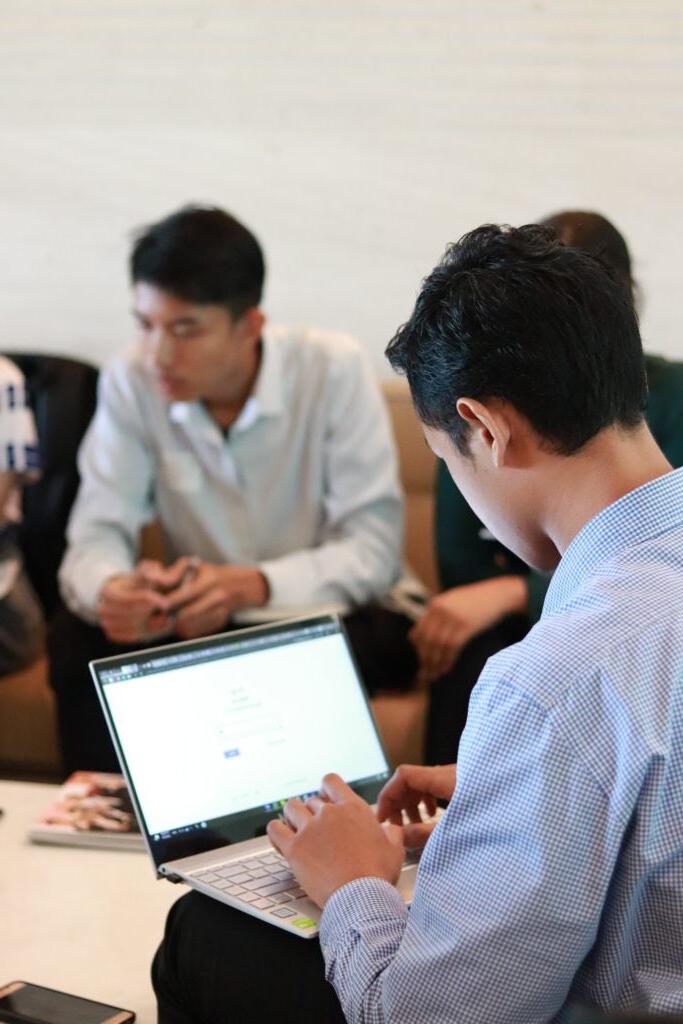Programs and Career Pathways
CTE Career Pathways
Career and Technical Education pathways offer students the chance to explore course work and plan for life after graduation. A “pathway” is a series of learning opportunities within a field that students and families can use to explore and prepare for life after high school. In addition to taking rigorous courses in each pathway, students have the opportunity to participate in leadership opportunities, earn dual college credit, and earn certificates and credentials that give them a strong sense of what it would be like to enter a job in the pathway they are exploring after high school.
Outside of the typical school day, teachers and Career Connected Learning Coordinators connect students with internships, worksite tours, job shadows, career fairs, field trips, and much, much more.
Learn more about our nine pathways in the dynamic and growing fields below. Click the button at the bottom of each section to learn more! Still have questions? You can contact us at cte@regaloteas.com.











